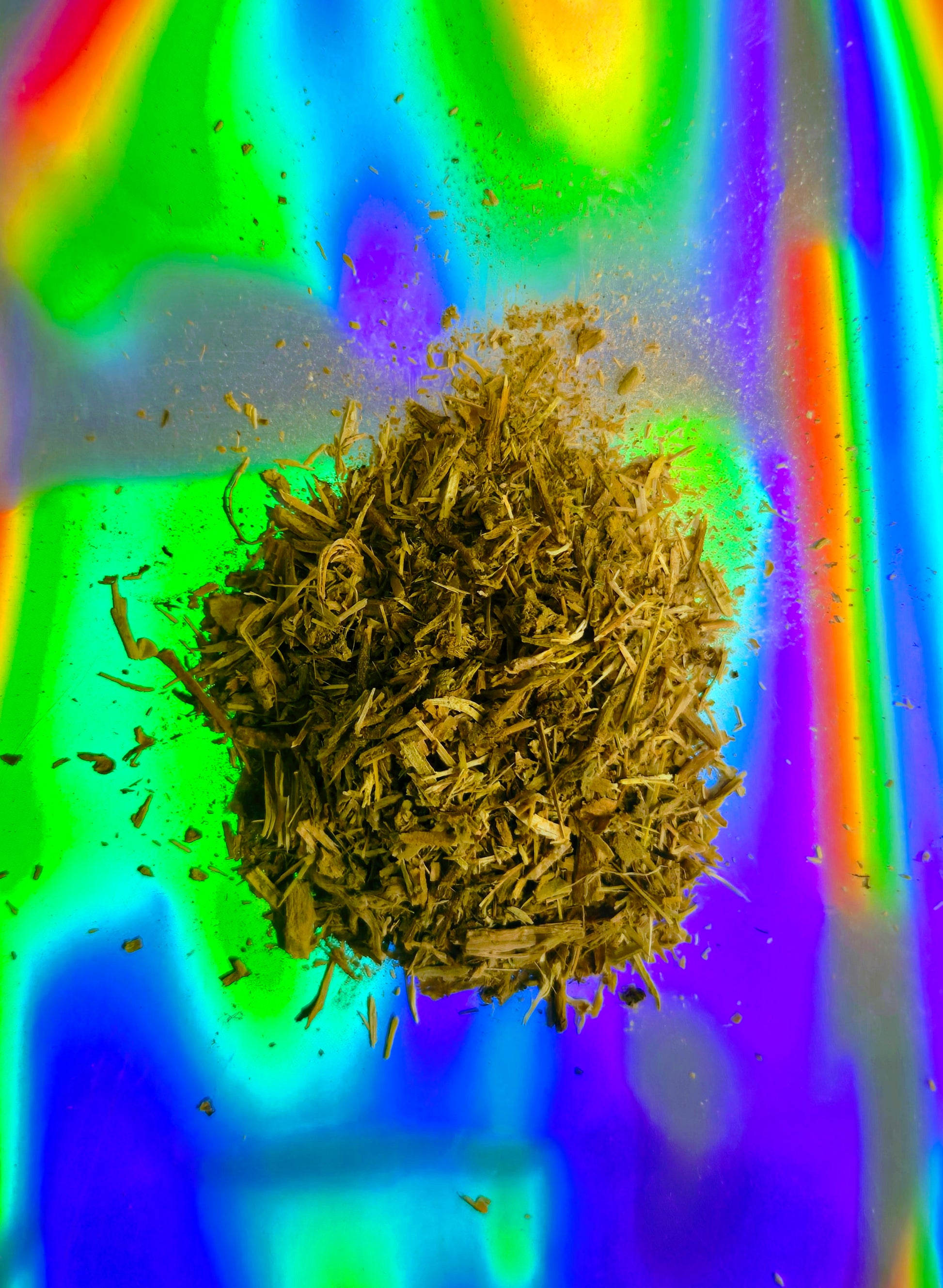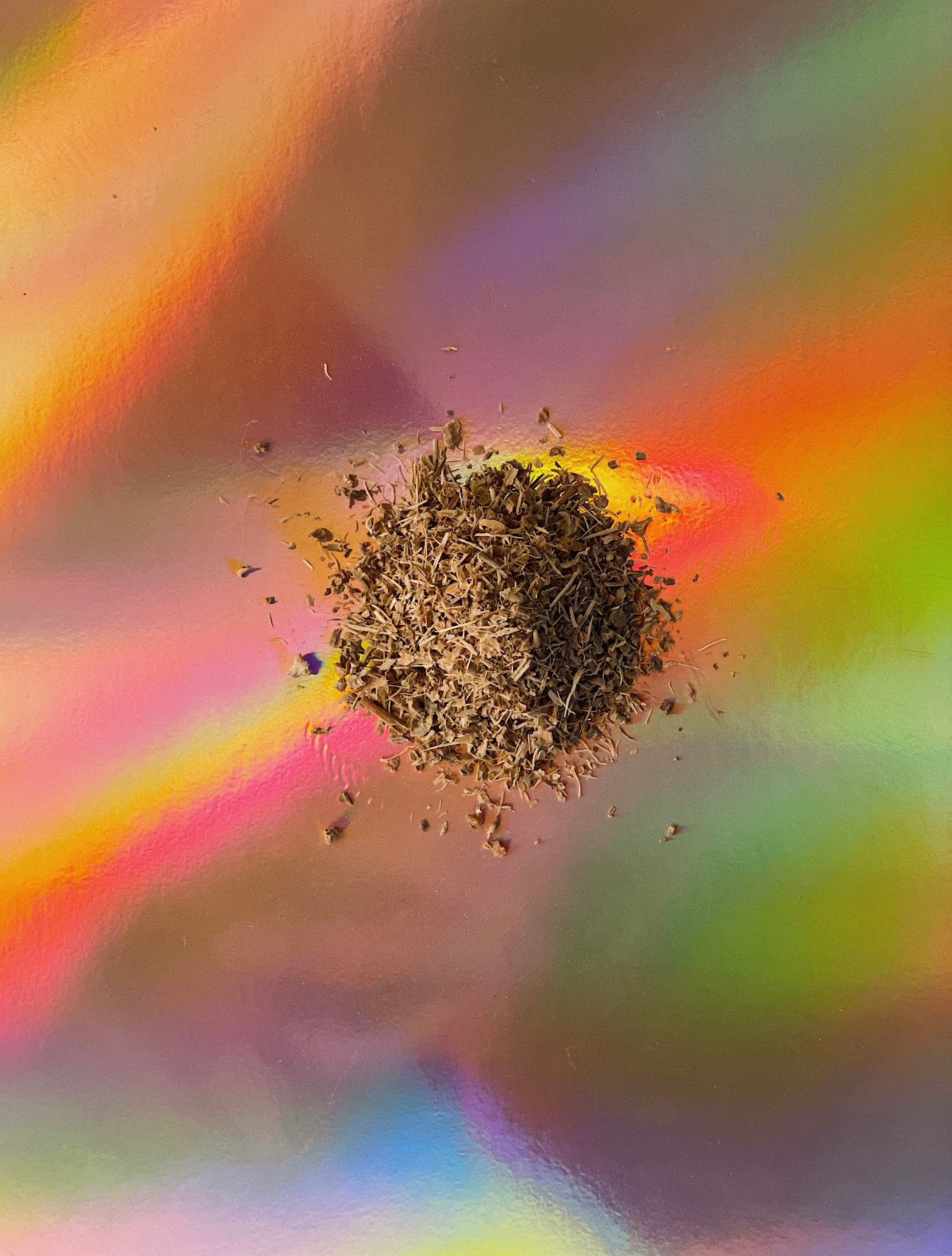
Healing Herbals
Fermented Kanna Loose Leaf Tea Cut (Field Grown)
Fermented Kanna Loose Leaf Tea Cut (Field Grown)
Couldn't load pickup availability
What is Kanna?
What is Kanna?
Kanna (Sceletium Tortuosum) is a flowering succulent plant native to South Africa. Kanna has been enjoyed for generations. This Kanna Extract has been specially formulated for higher concentrations of mesembrine- kannas most abundant and most sought after compound.
How to use
How to use
Healing Herbals Kanna Extract comes in a glass jar, with a small scooper and desiccant for ease of enjoyment. Every extract is unique, and best enjoyed with friends.
Safety & Testing
Safety & Testing
Healing Herbals Store is commited to quality kanna, extracted and perfected to ensure premium plant based alkaloids suspended on a mannitol substrate to ensure a consistent, high-quality & compliant product.
100% Pure Fermented Kanna Loose Leaf Tea Cut - Field Grown
Kanna (Sceletium tortuosum) is a traditional South African botanical, carefully fermented and prepared as a premium loose-leaf tea. Naturally processed to preserve its character, it carries a smooth flavor reminiscent of mild black tea and offers a versatile brewing experience.
About Kanna Loose Leaf: This field-grown kanna leaf contains a natural balance of alkaloids, typically ranging from 0.2% to 0.5%. While not as concentrated as standardized extracts, it reflects the plant’s full spectrum of components for an authentic and traditional preparation.
Brewing Suggestions: Steep 2–7 grams in hot water for 15–30 minutes using a tea bag, French press, bombilla, or tea steeper. For added flavor, blend with honey, lemon, or fruit juices.
Key Features:
-
100% Pure Kanna (Sceletium tortuosum) – No additives or fillers.
-
Naturally Smooth Flavor – Mild and earthy, with a resemblance to black tea.
-
Versatile Brewing – Multiple preparation methods to suit your taste.
- Easy to Blend – Complements honey, citrus, and other herbal infusions.
FDA Disclaimer: These statements have not been evaluated by the Food and Drug Administration. This product is not intended to diagnose, treat, cure, or prevent any disease.
Share
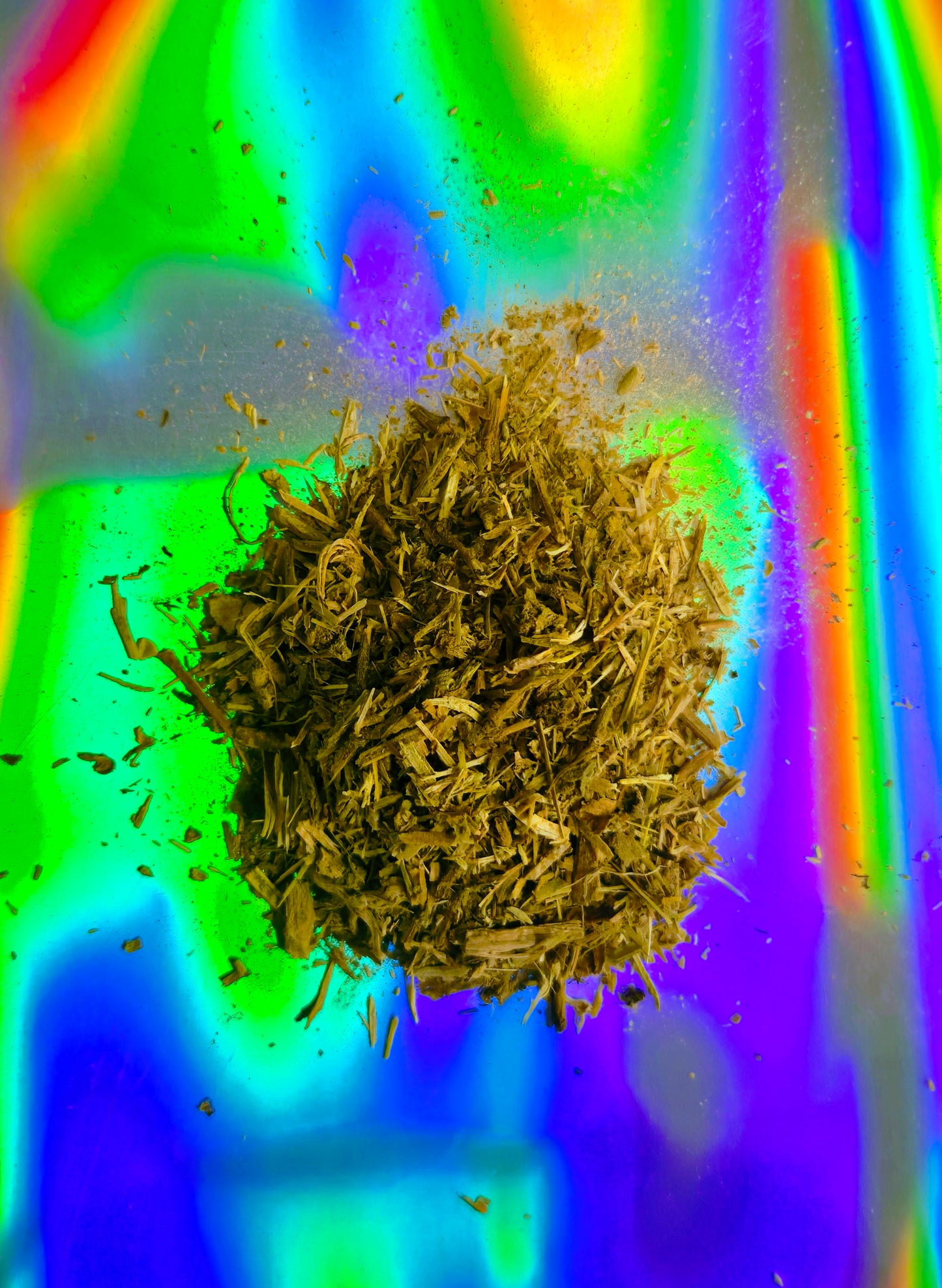
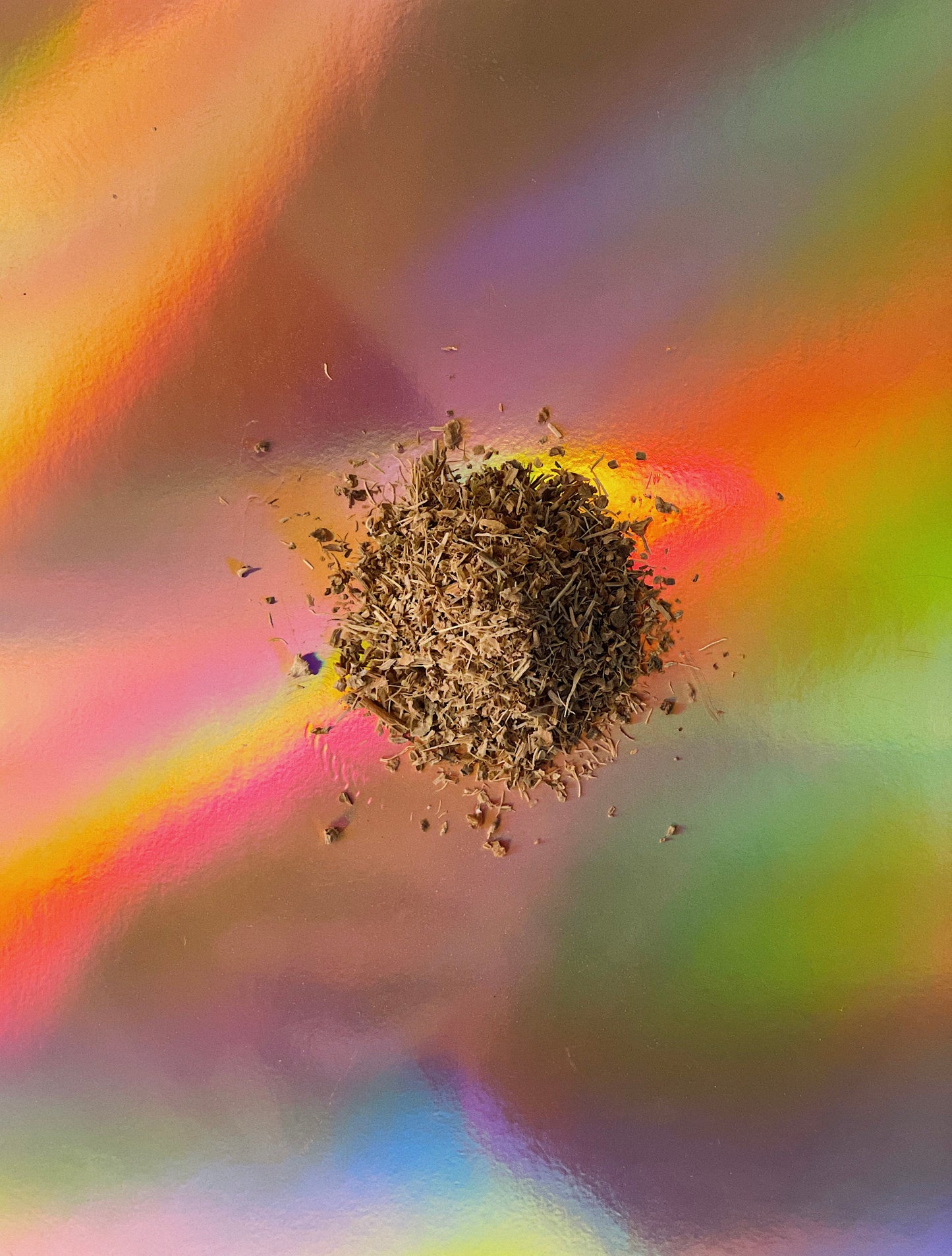
Costumer support was beyond words, they messaged all my question in minutes. The product is very strong, i managed to take too much almost everytime so far without 'priming', their nasal spray is really good. Highly recommend
Made tea with this, the onset is slow and easy, and feels mellow for hours after!
I like to use plain kanna either by itself or combine with extracts for the "entourage" effect. This one is non fermented and higher on the mesembrine side so good to use during the day, good stuff!
I haven't tried chewing or drinking this yet but I've been mixing it with bud and rolling blunts of it. Makes the experience more pleasant.
Great for a quick mood uplift.
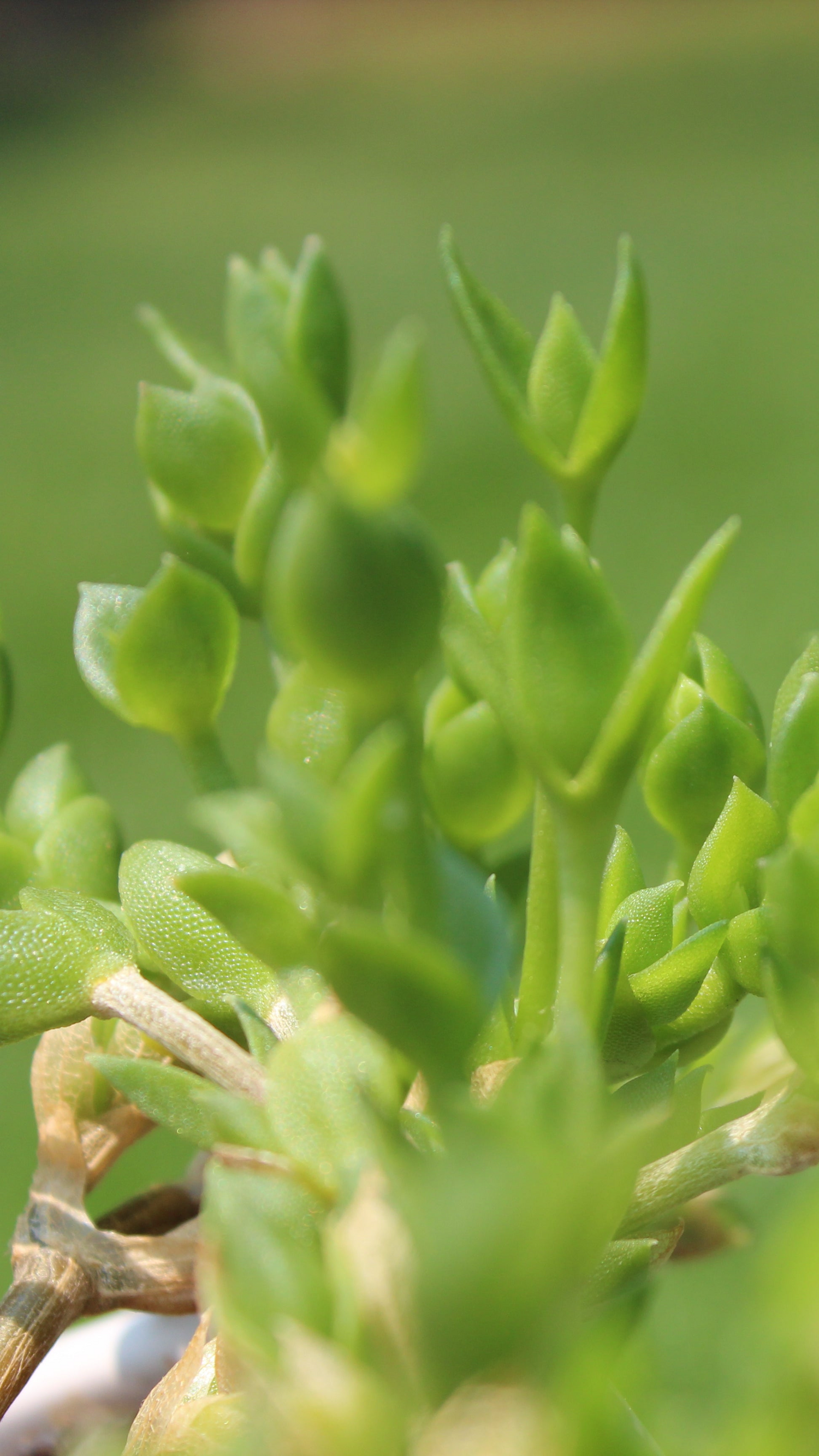
Kanna & Quality
Healing Herbals commitment extends through sustainable and ethical sourcing of Sceletium tortuosum. We ensure that our plant material is organically grown, without the use of synthetic chemicals, and sourced either from well-managed farms or sustainably maintained wild ecosystems on private lands.
In alignment with our ethical practices our main suppliers participate in fair sharing agreements with the indigenous San and Khoikhoi communities including the South African San Council. These are the traditional knowledge holders of Sceletium. Additionally our suppliers are authorized by the Western Province Department of Cape Nature to distribute and export Sceletium globally

History of Kanna
This revered herb, indigenous to South Africa, has played a significant role in the lives of the local people, particularly the Khoikhoi and the San tribes, since prehistoric times. These tribes, initially hunter-gatherers, used Kanna for various purposes including relief from thirst and hunger, to combat fatigue, and for social and spiritual purposes. They had a profound connection with the plant, associating it with the sacred eland antelope and referring to it by the same name: 'Kanna'.
The first isolation of an alkaloid from Sceletium tortuosum was in 1898 by Meiring, who called it mesembrine. This discovery led to a deeper understanding of the plant's chemical composition, though its exact composition remains elusive.
Kanna's long-standing history reflects its significance in South African culture and its evolving role in global herbal medicine and recreational use. From its traditional roots to modern applications, Kanna has remained a plant of great interest and value.

